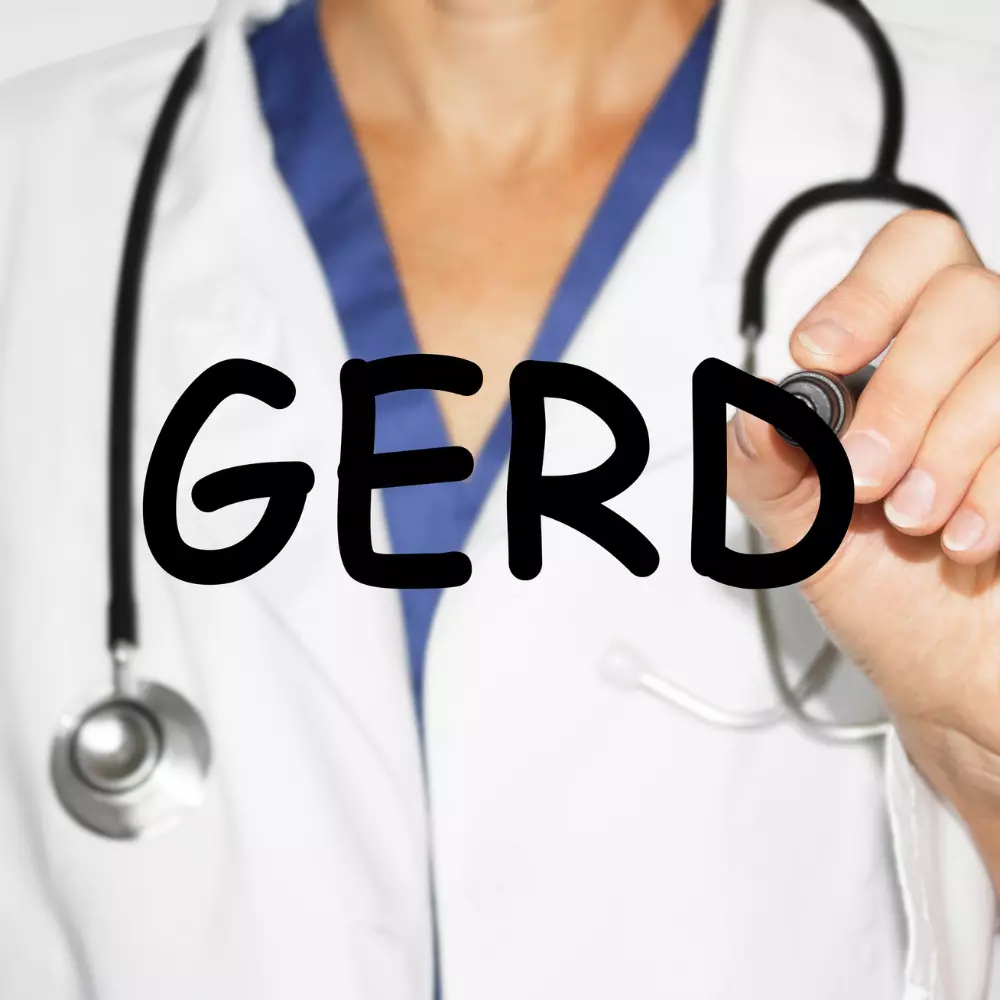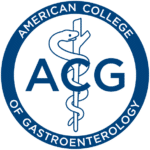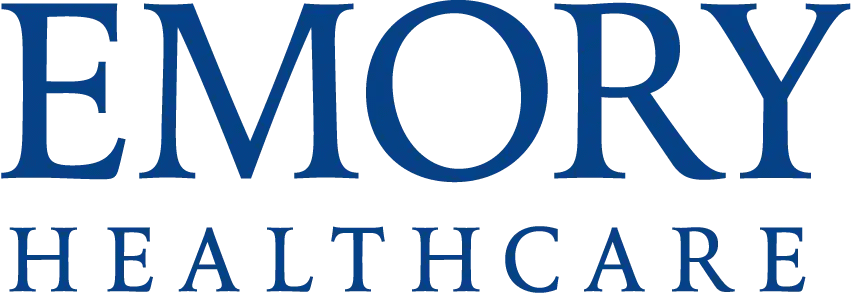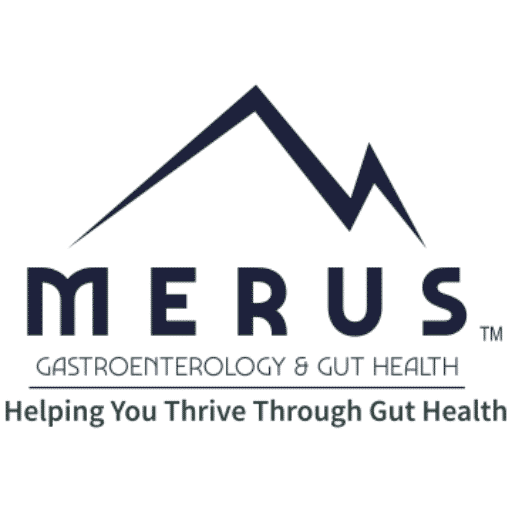Gastroesophageal reflux disease (GERD), commonly known as acid reflux, is a chronic condition that affects millions of people worldwide. Characterized by the backward flow of stomach acid into the esophagus, GERD can cause a range of uncomfortable symptoms, including heartburn, regurgitation, chest pain, and difficulty swallowing. Fortunately, gastroenterology offers a variety of effective solutions for managing GERD and providing relief from its symptoms. In this blog, we’ll explore some gastroenterology strategies for conquering GERD and improving quality of life.
Understanding GERD
GERD occurs when the lower esophageal sphincter (LES), a ring of muscle that acts as a valve between the esophagus and the stomach, weakens or relaxes abnormally, allowing stomach acid to flow back into the esophagus. This acidic reflux can irritate the lining of the esophagus, leading to inflammation, discomfort, and the characteristic symptoms of GERD.
Gastroenterology Solutions for Relief
Lifestyle Modifications
Making changes to your lifestyle can help reduce the frequency and severity of GERD symptoms. Avoiding trigger foods such as spicy, acidic, or fatty foods, as well as caffeine, alcohol, and tobacco, can help prevent reflux episodes. Eating smaller, more frequent meals, maintaining a healthy weight, and avoiding lying down immediately after eating can also help alleviate symptoms.
Medication
Over-the-counter and prescription medications are available to help manage GERD symptoms and reduce the production of stomach acid. Proton pump inhibitors (PPIs), H2 receptor antagonists, and antacids can provide relief from heartburn and prevent damage to the esophagus caused by acid reflux. Your gastroenterologist may recommend a specific medication regimen based on the severity of your symptoms and your response to treatment.
Dietary Changes
In addition to avoiding trigger foods, certain dietary modifications may help reduce GERD symptoms. Consuming smaller meals, avoiding eating late at night, and elevating the head of the bed while sleeping can help prevent acid reflux. Experimenting with a low-acid diet or eliminating specific foods that trigger symptoms may also provide relief for some individuals.
Endoscopic Procedures
In cases where lifestyle modifications and medication alone are not sufficient to control GERD symptoms, endoscopic procedures such as transoral incisionless fundoplication (TIF) or Stretta therapy may be considered. These minimally invasive procedures aim to strengthen the LES and improve its function, reducing the frequency and severity of acid reflux episodes.
Surgical Intervention
In rare cases of severe or refractory GERD that do not respond to other treatments, surgical intervention such as laparoscopic fundoplication may be recommended. This procedure involves wrapping the upper portion of the stomach around the LES to reinforce the valve and prevent acid reflux.
Seeking Help
If you’re experiencing persistent or severe GERD symptoms that interfere with your daily life or affect your quality of life, it’s essential to seek medical attention from a gastroenterologist. Your gastroenterologist can perform a comprehensive evaluation, including a physical examination, review of your medical history, and diagnostic tests such as endoscopy or pH monitoring, to determine the underlying cause of your symptoms and develop a personalized treatment plan.
GERD can significantly impact quality of life and overall well-being, but with the help of gastroenterology solutions, relief is possible. By making lifestyle modifications, exploring medication options, and considering endoscopic or surgical interventions when necessary, individuals with GERD can effectively manage their symptoms and improve their quality of life. Don’t let GERD control your life—take proactive steps to conquer acid reflux and reclaim control over your digestive health. Conquer GERD with Merus Gastro’s gastroenterology solutions for acid reflux. Find relief and better digestive health. Contact us today!









